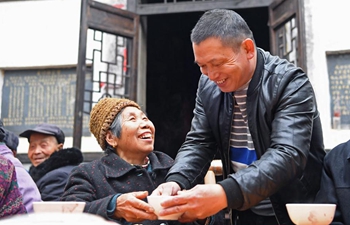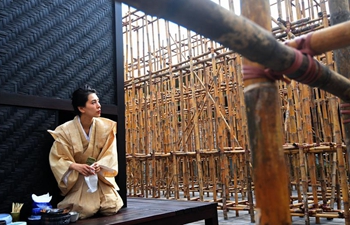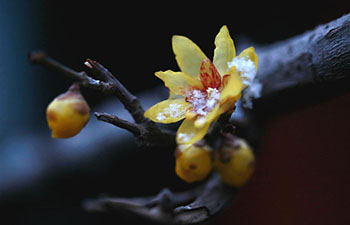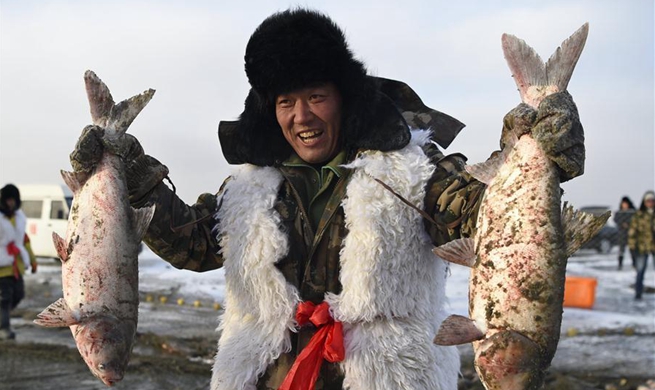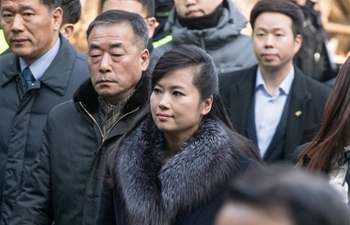BEIJING, Jan. 23 (Xinhua) -- A Beijing political advisor has proposed that ivory workshops be converted into non-profit research institutions after the ivory trading ban at the end of 2017.
The institutions could repair or restore ivory antiques and engage in research and teaching of skills instead of producing carvings for commercial sale, Song Weizu, a member of the Beijing Municipal Committee of the Chinese People's Political Consultative Conference, said at the ongoing annual meeting of the committee.
"For example, the Forbidden City has a large amount of ivory antiques that need professional repairs," said Song, also former vice president of Beijing Arts and Crafts Association.
The ban has affected 34 processing companies and 143 designated trading venues. All of them have suspended operations.
"Cultural authorities should help with the reassignment of ivory carving masters and other practitioners," said a 2016 document issued by the State Council.
Ivory carving was listed as state-level intangible cultural heritage in 2006. It saw its peak in the Qing Dynasty (1644-1911), with Beijing in the north and Guangzhou in the south being the two major centers at that time.
"We support the protection of wild animals, however, we cannot afford to lose this ancient skill," said Song.
Xiao Guangyi, head of an ivory factory in Beijing, said most of the workers were reluctant to find other jobs, hoping transformation may save the workshop, and their jobs along with it.
The factory previously processed legally imported ivory, which was from elephants that died of natural causes.




